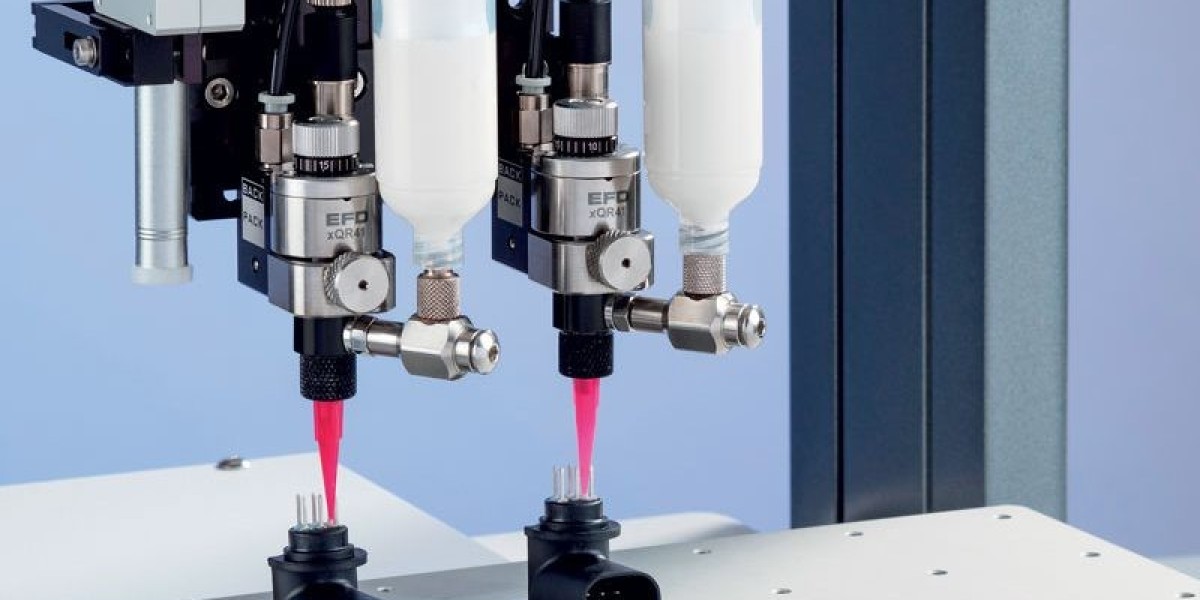Dreaming of a career in BS nursing straight out of matriculation? You’re not alone. As society increasingly values healthcare professionals, the allure of a nursing career straight out of high school has become more appealing.
But can you become a nurse after completing your matric exams? Let’s delve into the possibilities and pathways available to aspiring nurses.
Understanding the Role of a Nurse
Before embarking on this journey, it’s essential to comprehend the role of a nurse. Nurses play a vital role in the healthcare system, providing compassionate care, administering medication, and assisting doctors in various medical procedures.
They are the backbone of any healthcare facility, offering support to patients and their families during times of illness and distress.
Requirements for Pursuing Nursing
To become a nurse after matric, certain criteria must be met. While requirements may vary depending on the country or institution, some common prerequisites include:
Educational Qualifications
Most nursing programs require a minimum educational qualification equivalent to matriculation. This serves as the foundation upon which aspiring nurses build their academic journey.
Entrance Exams
Some nursing schools may require students to pass entrance exams to assess their aptitude for the profession. These exams evaluate basic knowledge in subjects like science, mathematics, and English.
Age Limit
Typically, aspiring nurses should meet the age requirement set by nursing regulatory bodies or educational institutions. This ensures that candidates are mature enough to handle the responsibilities associated with the profession.
Health Check-up
Good physical and mental health is crucial for nursing candidates. Before admission, applicants may need to undergo a health screening to ensure they are fit to fulfill the duties of a nurse.
Personal Qualities
Beyond academic qualifications, traits such as empathy, communication skills, and the ability to work under pressure are highly valued in the nursing profession.
Options Available After Matric
Once the eligibility criteria are met, aspiring nurses can explore various educational pathways to kickstart their nursing career. Some common options include:
Diploma in Nursing
Diploma programs offer a practical approach to nursing education, focusing on hands-on clinical experience. These programs typically span three years and equip students with the necessary skills to work as entry-level nurses.
Associate Degree in Nursing (ADN)
ADN programs, usually offered by community colleges, provide a comprehensive understanding of nursing principles and practices. Graduates are eligible to sit for the licensure exam to become a registered nurse (RN).
Bachelor of Science in Nursing (BSN)
BSN programs are ideal for students seeking a more in-depth understanding of nursing theory and research.
These programs typically take four years to complete and may offer advanced career opportunities in nursing leadership or specialized fields.
Becoming a Registered Nurse
Regardless of the educational pathway chosen, aspiring nurses must obtain licensure to practice professionally. The licensure process typically involves:
Graduation from an Accredited Program
Candidates must graduate from an accredited nursing program recognized by the nursing regulatory body in their jurisdiction.
Passing the NCLEX-RN
The National Council Licensure Examination for Registered Nurses (NCLEX-RN) is a standardized exam that assesses the candidate's readiness to enter the nursing profession. Passing this exam is a prerequisite for licensure.

Application for Licensure
Once the NCLEX-RN is completed, candidates can apply for licensure through their state or provincial nursing board. This may involve submitting proof of education, passing a background check, and paying a licensure fee.
Continuing Education and Career Growth
Becoming a registered nurse is just the beginning of a lifelong learning journey. Nursing is a dynamic profession that requires continuous education and skill development to stay abreast of advancements in healthcare. Nurses can pursue various avenues for career growth, including:
Specialization
Nurses can choose to specialize in areas such as pediatrics, oncology, or critical care by obtaining additional certifications or completing advanced degree programs.
Advanced Practice Nursing
Advanced practice nurses, such as nurse practitioners or nurse anesthetists, have advanced clinical training and can diagnose illnesses, prescribe medications, and provide primary care services.
Leadership Roles
Nurses with leadership qualities can pursue managerial or administrative positions within healthcare organizations, overseeing departments or implementing quality improvement initiatives.
Conclusion
In conclusion, pursuing a career in nursing after matric is indeed possible with dedication and perseverance.
By meeting the eligibility criteria, choosing the right educational pathway, and obtaining licensure, aspiring nurses can embark on a fulfilling journey of caring for others and making a meaningful impact on society.
So if you aspire to don the nursing scrubs and make a difference in the world of healthcare, rest assured that the path to becoming a nurse after matric is within reach. Read more here!



